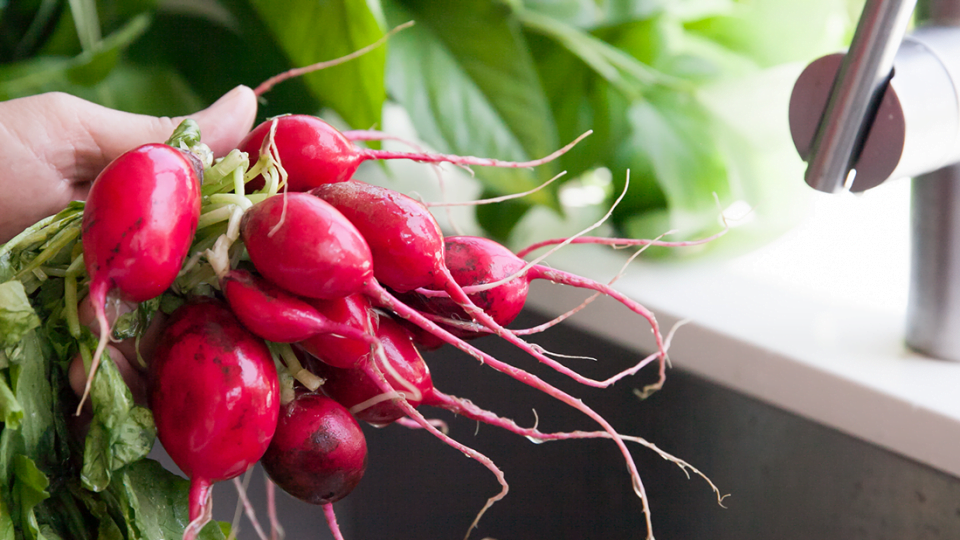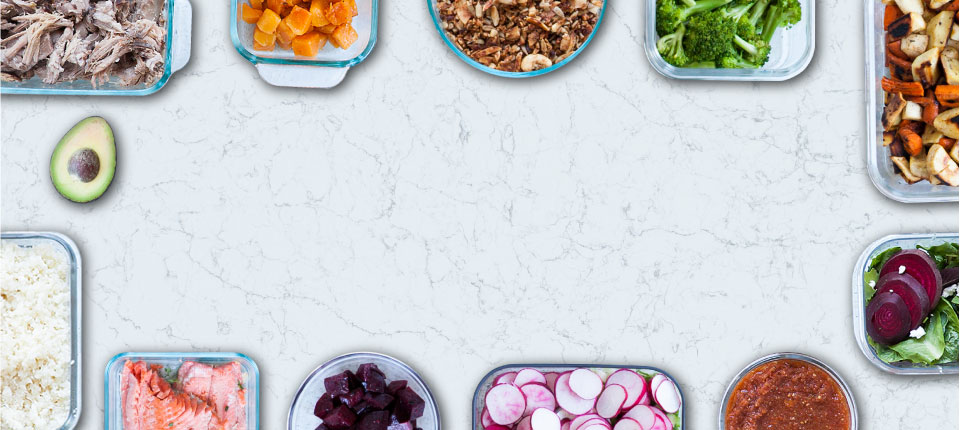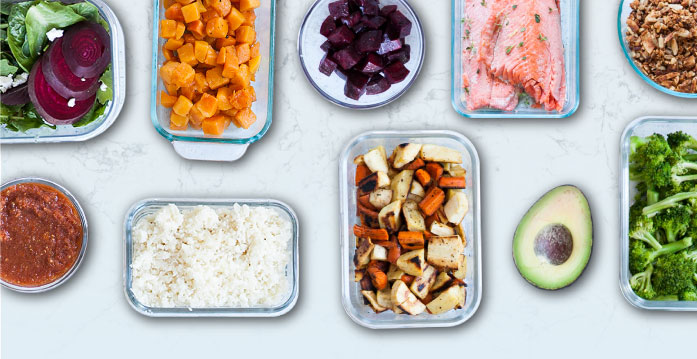What is the AIP diet and what can it do for you? That depends on you and your health. Without a sign of letting up, we’re seeing more folks with diagnosed with autoimmune disorders while the list of autoimmune diseases continues to grow.
All autoimmune disorders are marked by an overzealous immune system that attacks the body. The bad news about autoimmune disease is that pharmaceutical drugs sometimes cause more harm than good. The good news?
Something as simple as food can get you on the road to true recovery.
The AIP diet, a.k.a. the paleo autoimmune protocol, is a specialized version of the paleo diet. It addresses autoimmunity by reducing inflammation throughout the body and healing the gut, giving the immune system an opportunity to regain balance.
The scoop on autoimmune disease
In a healthy person, inflammation happens in response to an injury or infection and this process supports normal recovery. But when an inflammatory response drags on and on – well, that’s when you see tissue damage and degeneration.
In the case of autoimmunity, you see both chronic inflammation and a misguided, direct attack on your own body. A double-whammy, if you will.
It’s up to the immune system to determine self from non-self. When the immune system detects something non-self (like a food protein or microbe), the next step is to let it slide by or attack. With autoimmune disease, the immune system believes that a healthy part of the body is non-self – a dangerous thing – and it attacks, creating inflammation and damage.
There are more than 80+ disease processes that are considered to be autoimmune in nature including:
- Type 1 diabetes
- Hashimoto’s thyroiditis
- Celiac disease
- Psoriasis
- Rheumatoid arthritis
The AIP diet spells out which foods do and don’t work for someone battling chronic inflammation. Although eating this way requires commitment and patience, good meal planning can make life a little – or a lot – more livable.
Below you’ll find a list of foods that you must eliminate on the AIP diet.
Foods you won’t find on the AIP diet
Potatoes, tomatoes, and lots of spicy things
If it rhymes with “toes” or it’s in the pepper family, chances are you want to avoid it. This means potatoes, tomatoes, tomatillos, poblanos, jalapeños, peppers, and other nightshades like eggplant or the goji berry.
This is because nightshades contain things that contribute to leaky gut – something you want to avoid while recovering from autoimmune flare-up.
Dairy and eggs
Dairy is full of problematic proteins like whey and casein. It turns out that if you have a sensitivity to gluten, your body might also mistake these milk proteins for gluten protein.
In the case of eggs, The Paleo Mom explains that egg white contains an enzyme that crosses the gut barrier – carrying proteins into the bloodstream.
Beans, legumes, seeds, and nuts
If you have an autoimmune disorder, the problem with beans, seeds, and nuts is two-fold:
- They contain anti-nutrients and that interfere with digestion or the absorption of nutrients
- Folks with allergies or food sensitivities often react to these foods – especially tree nuts
Seeds to avoid include seedy spices like cumin, fennel, dill, mustard seed, and sesame.
Grains and seeds that look like grains
Many grains contain the protein gluten, which can irritate the gut and make it leaky. It’s also pretty common for the immune system to react to gluten and other proteins that it mistakes as gluten. These are proteins you might find in gluten-free grains like corn or rice.
Also, watch out for seeds that look like grains – such as amaranth, buckwheat, and quinoa.
Alcohol
Bottom line is that booze inflames the gut wall. Beyond that, it contains yeast that can trigger an autoimmune response from your immune system. This includes folks that have been diagnosed with common autoimmune disorders like lupus, type 1 diabetes, and rheumatoid arthritis. The yeast found in alcohol might also feed infection.
AIP foods that make you feel good
As Mickey Trescott and Angie Alt at Autoimmune Paleo point out, the AIP diet is not just about a long list of foods you can’t eat. It’s also about wonderfully rich foods that you can (and should) enjoy with abandon.
The Autoimmune Protocol is not purely about avoiding certain irritating triggers, but equally is about adding in nutrient-dense, whole foods that reverse micronutrient deficiencies, balance gut flora, and enable the body to undergo a healing process.
AIP diet foods include:
- Broth and stock made from bones
- Organ meats
- Fermented foods
- Cold-water fish, like salmon and sardines
- Shellfish
- A rainbow of fruit and vegetables
AIP diet forever?
When healing a leaky, inflamed gut and managing autoimmune disease, the general rule is to stick to a strict AIP diet for 30 – 90 days. After about 3 months, you can begin to slowly reintroduce foods that may not be a problem – like some tree nuts or egg yolk.
Slowly reintroducing select foods is the best way to personalize the AIP so that it fits your unique needs.
As you introduce one food at a time, you begin to learn what makes you feel worse. Whether or not you eat these foods it up to you – is a carefree dinner with friends worth the flare-up? Maybe.
After the initial phase of a strict AIP diet, you are better equipped to make these hard choices. You also have a better understanding of your most and least offensive foods. It’s important to note that some foods – like those that contain gluten – are forevermore off the menu.


